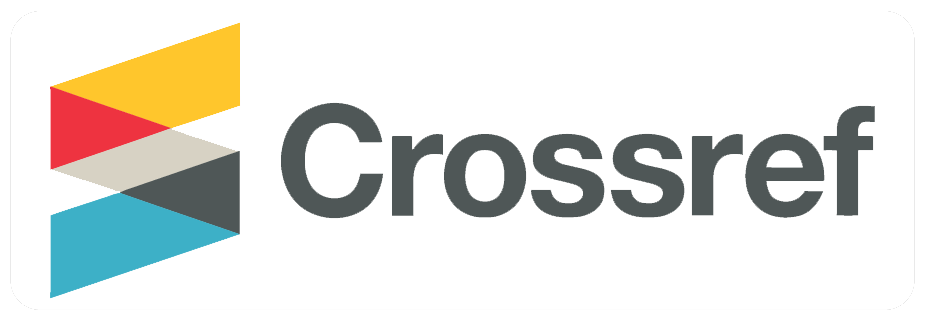MODEL PERCEPTRON UNTUK KLASIFIKASI KEPUASAN MAHASISWA TERHADAP ASISTEN LABORATORIUM KOMPUTER
DOI:
https://doi.org/10.36982/jiig.v16i1.5198Abstract
Currently, student speculation on the performance of laboratory assistants varies greatly because there is no definitive data on their performance. Some students think that laboratory assistants do not do their job or speculate otherwise. The purpose of this study is to use a machine learning approach based on the Perceptron model to examine the level of student satisfaction with the services of computer laboratory assistants. Due to its effectiveness in binary classification, the Perceptron model was chosen. Using a questionnaire with two answer categories - “Yes” for satisfied and “No” for dissatisfied - 67 students at UIN SU's Computer Science Study Program provided survey results. Afterwards, the data underwent pre-processing steps such as normalization, numerical coding, and separation into training (80%) and testing (20%) data. Based on the training results, the Perceptron model consistently achieved 86% accuracy in both classes in terms of precision, recall, and F1-score. The strong performance of the model in identifying students' happiness and dissatisfaction is shown by the Confusion Matrix ranking. Both precision and recall were 88% for the “Dissatisfied” class and 83% for the “Satisfied” class. This shows that even with an unequal number of samples across classes, the model can effectively identify patterns in the data. The consistent performance of the model proves the effectiveness of this method in assessing the quality of laboratory assistant services. To improve learning in the laboratory, this research significantly advances the development of machine learning applications. Testing on larger and more varied datasets is recommended for additional validation to ensure the generalizability of the model.
Downloads
Published
How to Cite
Issue
Section
License

This work is licensed under a Creative Commons Attribution-ShareAlike 4.0 International License.












